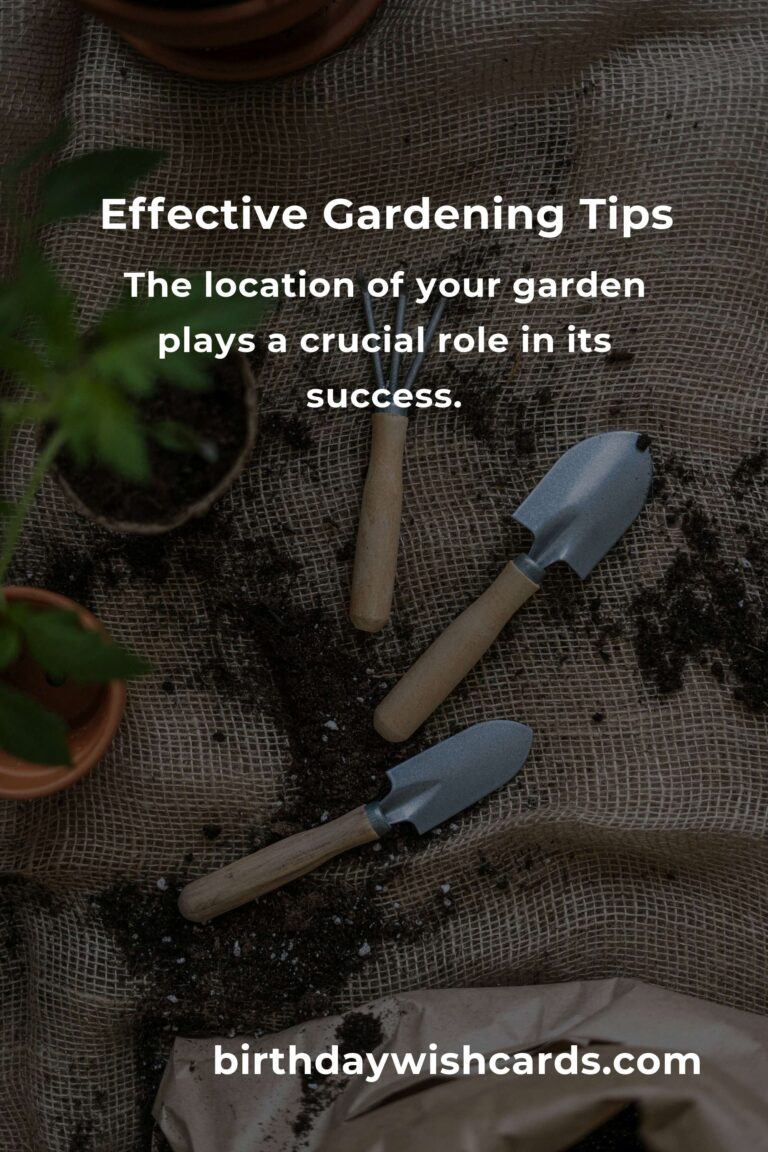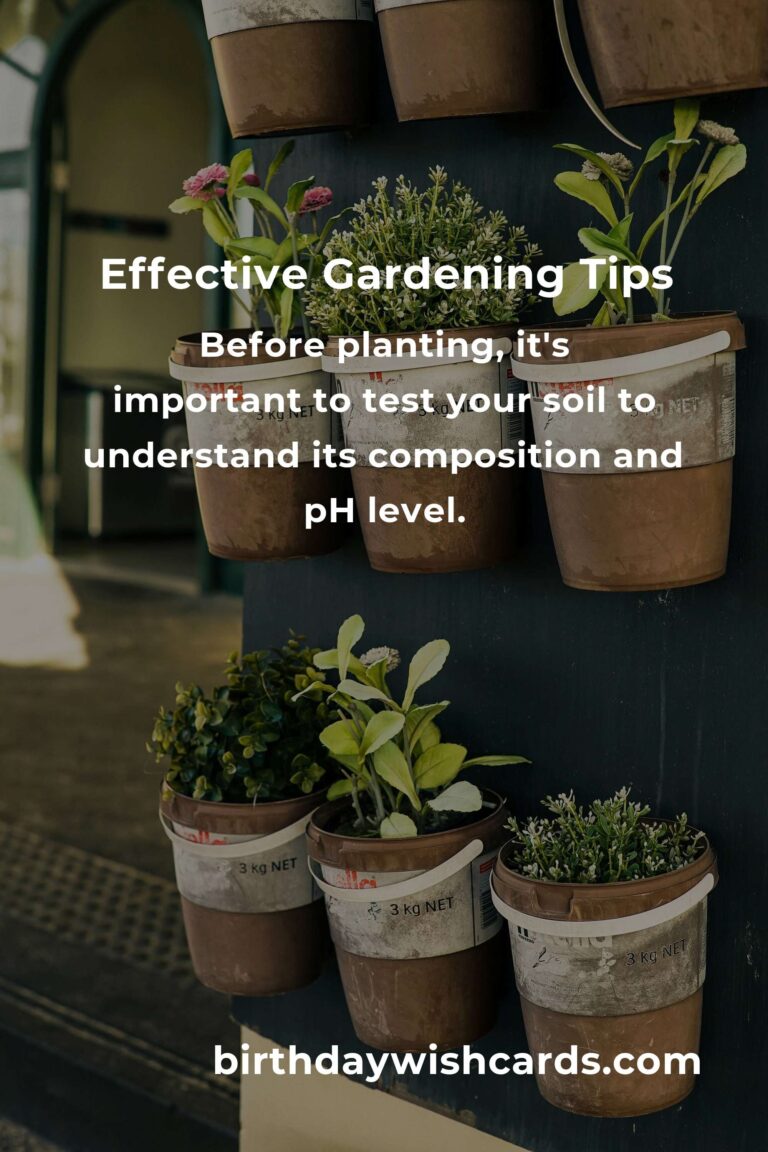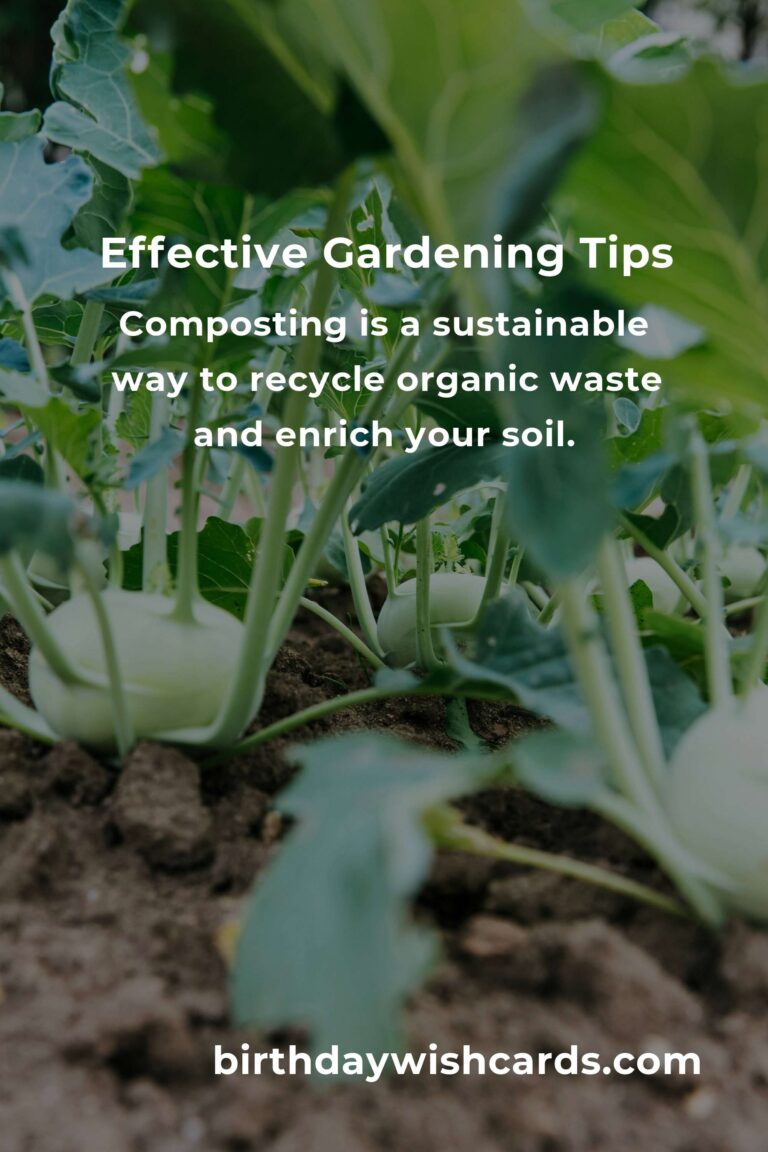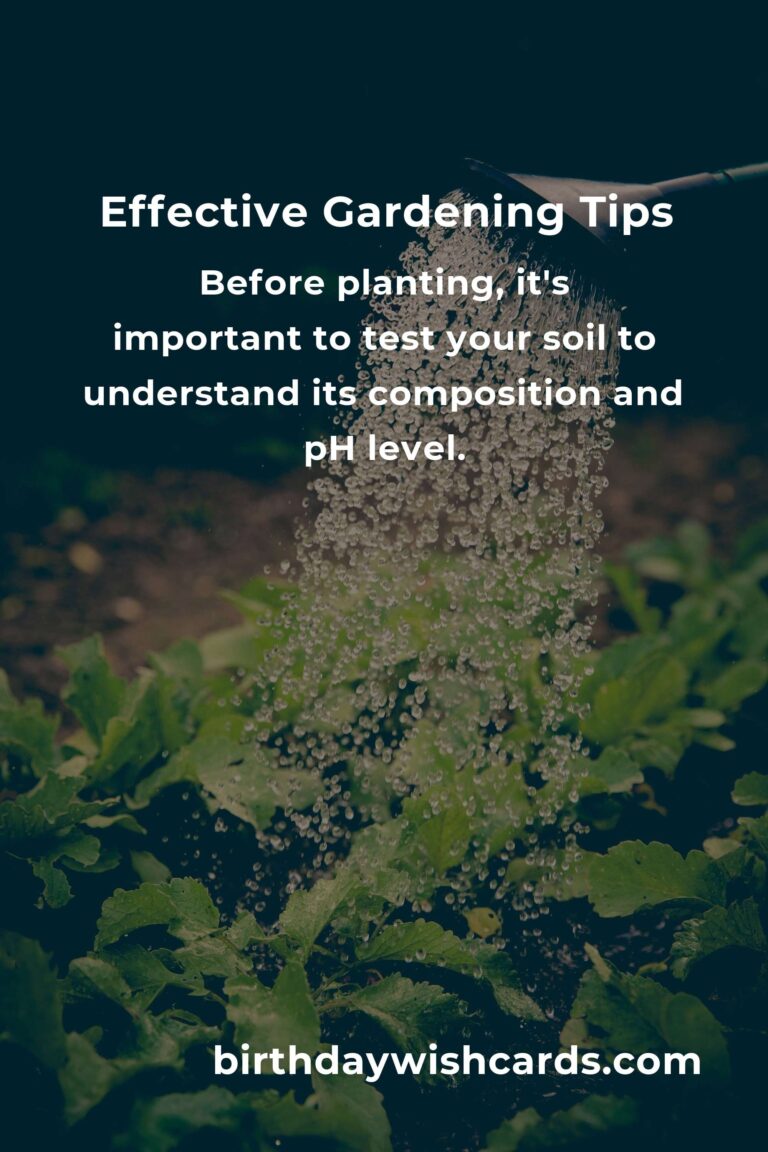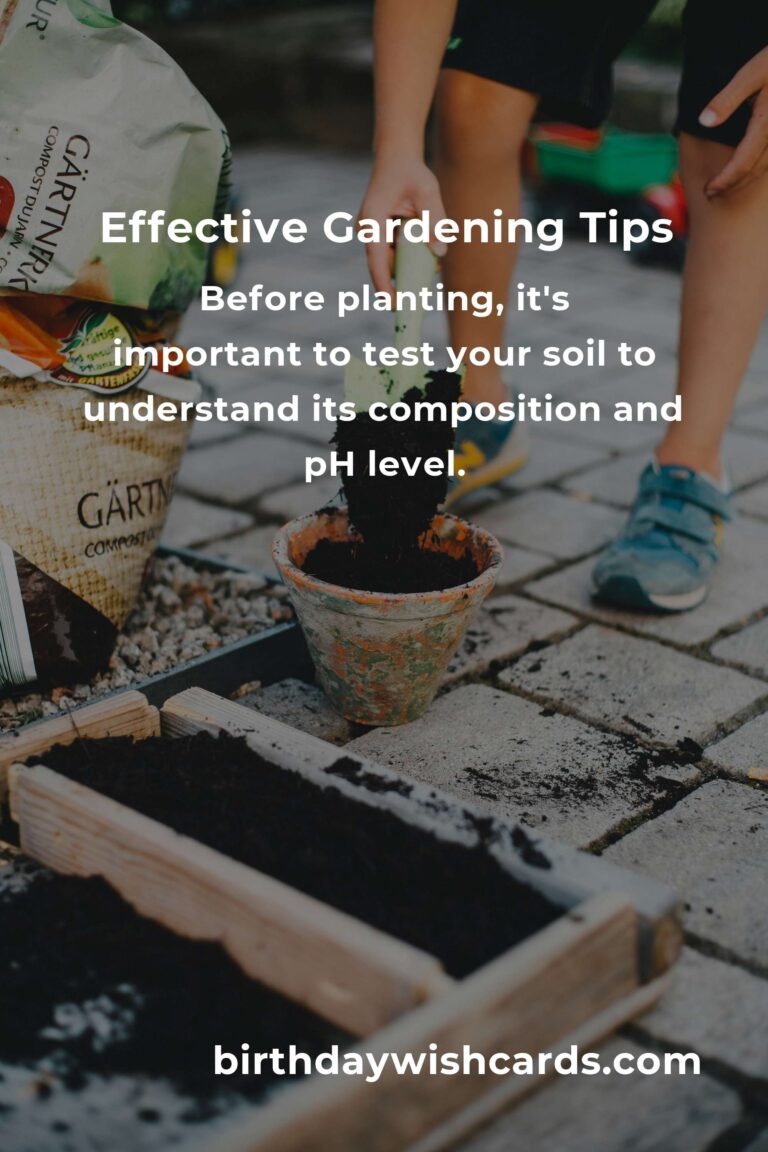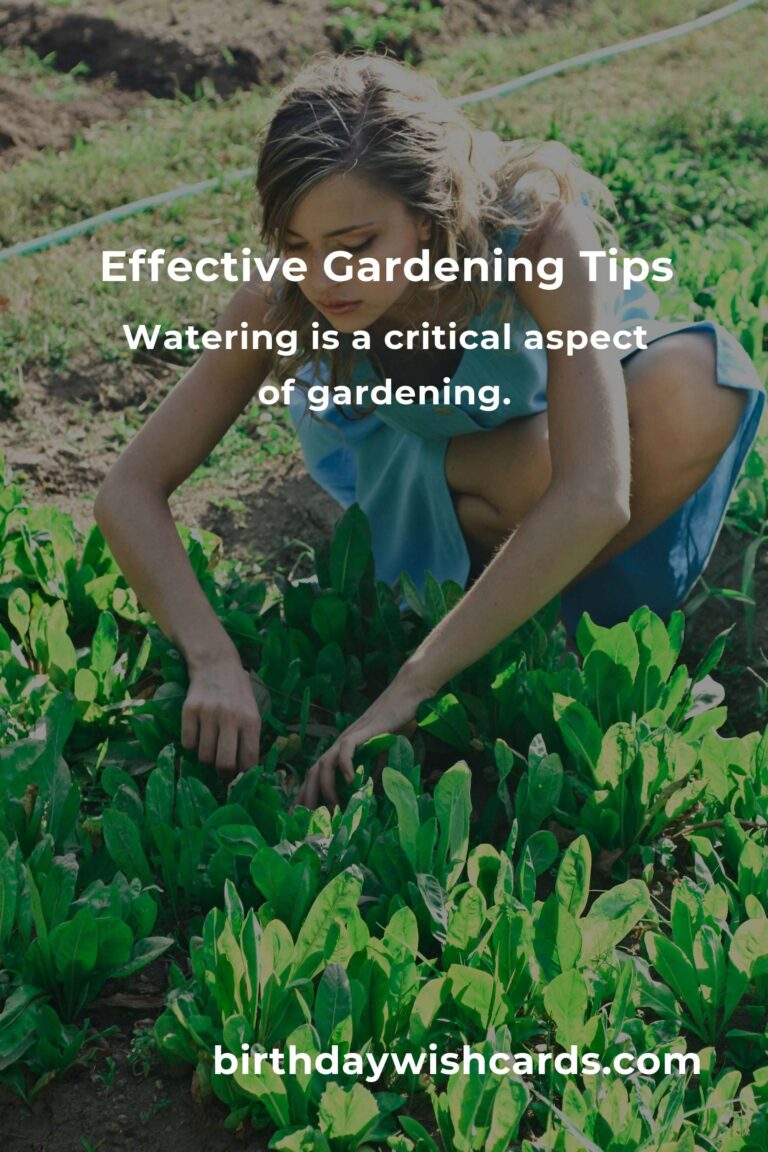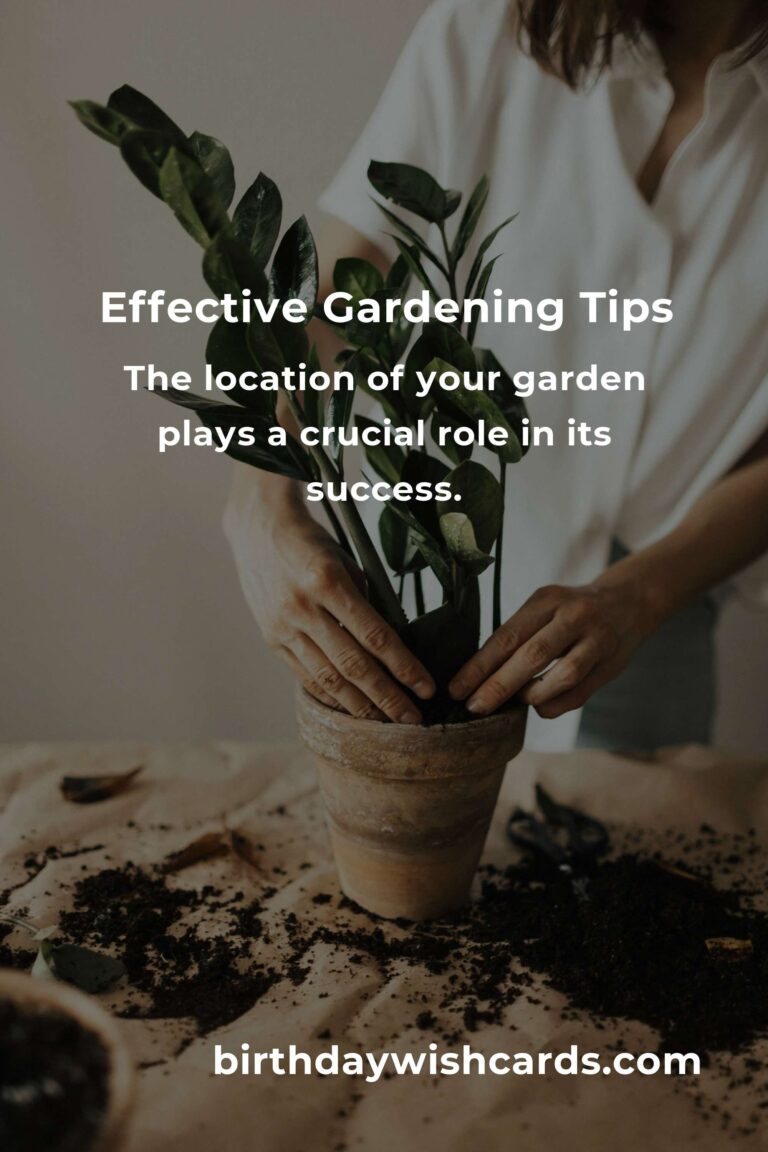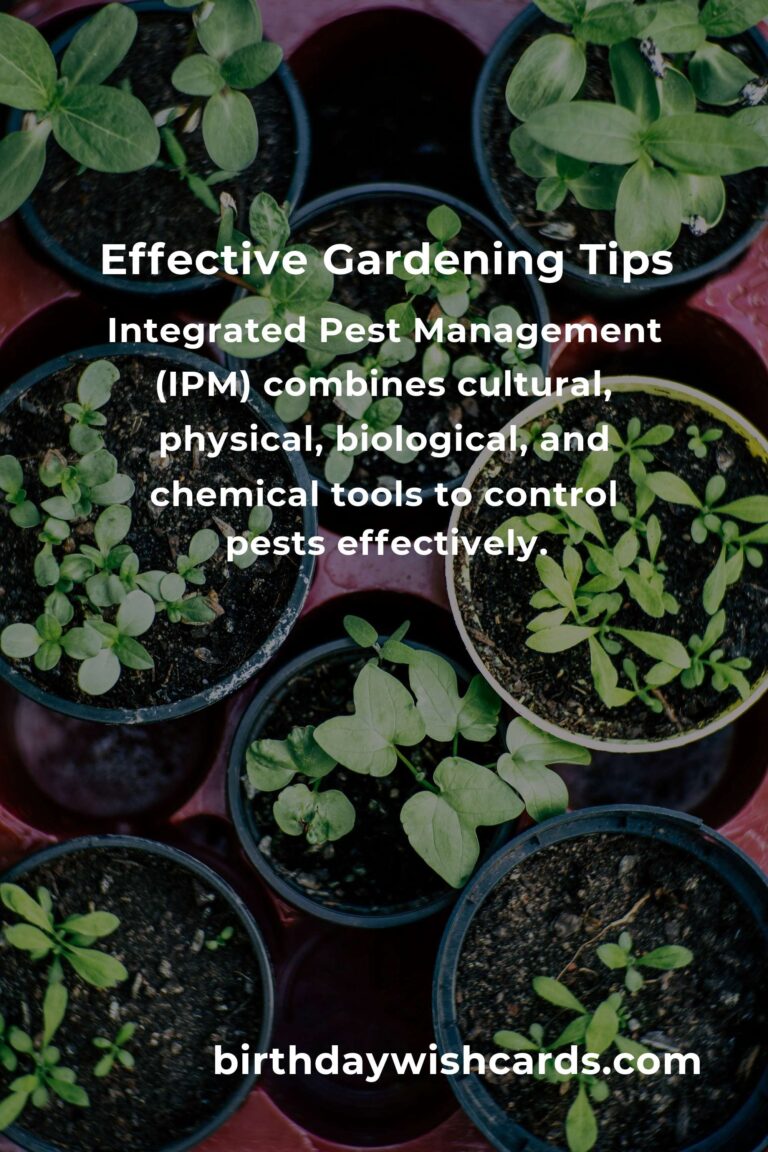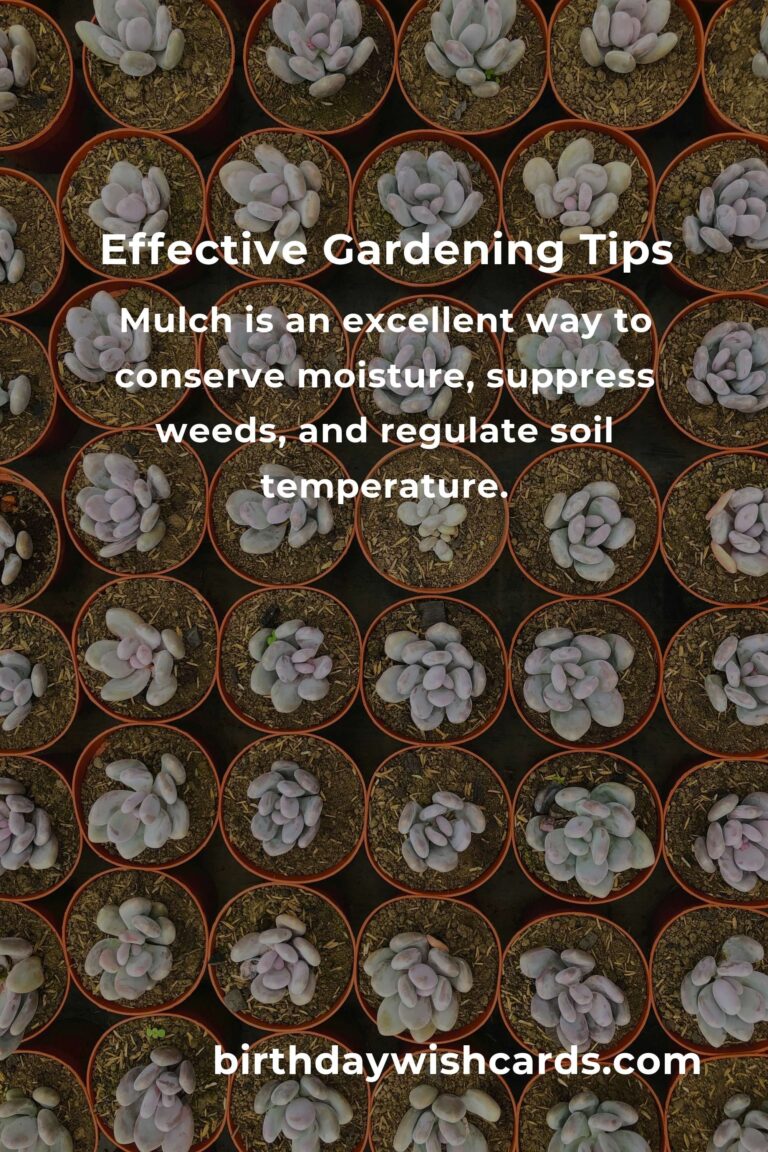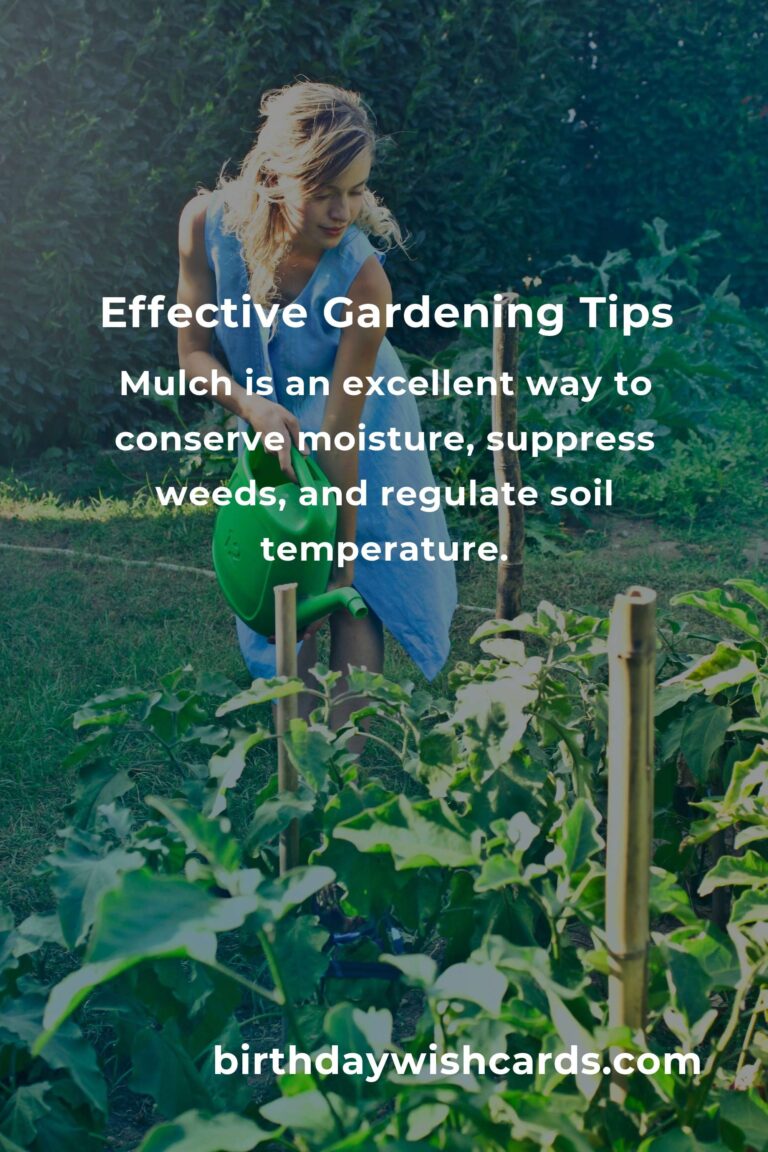
Gardening is a rewarding and therapeutic activity that not only beautifies your surroundings but also provides fresh produce. Whether you are a novice or an experienced gardener, having a set of effective strategies can make a significant difference in your gardening success. In this article, we will explore nine essential tips that can help you cultivate a thriving garden.
1. Choose the Right Location
The location of your garden plays a crucial role in its success. Most plants require at least six hours of sunlight daily. Observe your garden space to determine how much sun it receives throughout the day and choose your plant varieties accordingly.
2. Test Your Soil
Before planting, it’s important to test your soil to understand its composition and pH level. Soil testing kits are readily available and can help you identify any deficiencies or imbalances. Once you know your soil’s condition, you can amend it with the necessary nutrients and organic matter.
3. Plan Your Garden Layout
Planning your garden layout is essential for efficient use of space and resources. Consider factors like plant size, spacing requirements, and companion planting. A well-thought-out layout will help you maximize your yield and minimize pest issues.
4. Water Wisely
Watering is a critical aspect of gardening. Overwatering or underwatering can harm your plants. The best time to water is early in the morning or late in the afternoon to reduce evaporation. Using drip irrigation or soaker hoses can ensure consistent moisture without wasting water.
5. Use Mulch
Mulch is an excellent way to conserve moisture, suppress weeds, and regulate soil temperature. Organic mulches such as straw, wood chips, or shredded leaves break down over time and improve soil fertility.
6. Practice Crop Rotation
Crop rotation is a strategy that involves changing the location of plant families in your garden each season. This practice helps prevent soil-borne diseases and pest buildup, ensuring healthy plants year after year.
7. Implement Pest Management
Pests can quickly devastate a garden if not managed properly. Integrated Pest Management (IPM) combines cultural, physical, biological, and chemical tools to control pests effectively while minimizing harm to the environment. Encourage beneficial insects such as ladybugs and predatory wasps to keep pest populations in check.
8. Compost Regularly
Composting is a sustainable way to recycle organic waste and enrich your soil. By maintaining a compost pile, you can create a nutrient-rich amendment that improves soil structure and fertility.
9. Stay Informed and Adapt
Gardening is a continuous learning process. Stay informed about the latest gardening techniques, plant varieties, and climate considerations. Be prepared to adapt your strategies based on your observations and experiences.
By incorporating these nine essential tips into your gardening routine, you can create a productive and beautiful garden. Remember, patience and persistence are key to successful gardening. Happy planting!
The location of your garden plays a crucial role in its success. Before planting, it’s important to test your soil to understand its composition and pH level. Planning your garden layout is essential for efficient use of space and resources. Watering is a critical aspect of gardening. Mulch is an excellent way to conserve moisture, suppress weeds, and regulate soil temperature. Crop rotation is a strategy that involves changing the location of plant families in your garden each season. Integrated Pest Management (IPM) combines cultural, physical, biological, and chemical tools to control pests effectively. Composting is a sustainable way to recycle organic waste and enrich your soil. Gardening is a continuous learning process.
#Gardening #GardenTips #SustainableGardening


